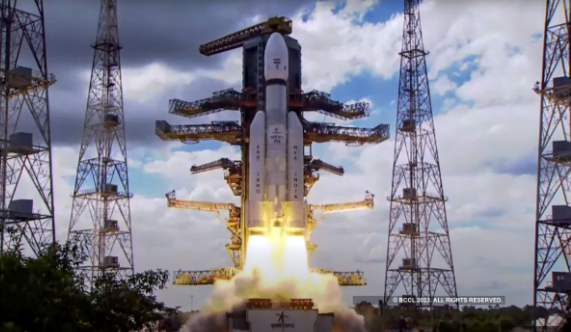When Isaacson decided to make Musk the focus of his subsequent biography in 2021, all of the characteristics that combined to make Musk the richest man in the world were in evidence. A logical addition to Isaacson’s “great man” canon, which also contains biographies of Steve Jobs, Benjamin Franklin, and Albert Einstein, “Elon Musk,” which will be released on Tuesday, must have appeared. (Isaacson’s subjects are almost entirely men, but not entirely.)
However, Einstein, Franklin, and Jobs had all passed away by the time Isaacson’s biographies were published (even if Jobs had passed away just a few weeks earlier), but Musk, the CEO of Tesla and SpaceX and the proprietor of X (previously Twitter), is still very much alive. In the last two years, Elon Musk’s public persona has changed from that of the high-tech visionary who served as the model for Tony Stark in “Iron Man” to one that is more unsettling and divisive.
How do you fully assess a man whose mental state is deteriorating and whose life’s work and legacy are yet in doubt? Not only Musk’s place in history, but also his position in the present and the future, are at risk. Because Musk is such a fast-moving subject, Isaacson may have chosen to focus on fascinating stories and behind-the-scenes reporting over a sophisticated critical perspective, which is why he failed to nail that down in a satisfactory way.
Fortunately, there are enough of intriguing details, particularly in the book’s final third, which covers the two tumultuous years Isaacson followed Musk. (While there are some outrageous antics and dramatic personal stories fit for a soap opera throughout, the most of the ones you’ll come across earlier in the book have already been extensively covered, especially in Ashlee Vance’s in-depth 2015 Musk biography.)
New information includes the fact that Musk, acting alone (more on this below), thwarted a Ukrainian sneak attack on a Russian naval squadron in Crimea. We learn that in 2021, Musk’s girlfriend Grimes visited a surrogate at an Austin hospital who was carrying their then-secret second kid at the same time as Musk’s employee Shivon Zilis was there visiting a surrogate who was carrying their then-secret twins, which Musk had conceived through IVF without Grimes’ knowledge. “Perhaps it is no surprise,” deadpans Isaacson, “that Musk decided to fly west that Thanksgiving weekend to deal with the simpler issues of rocket engineering.” And we learn that Musk and Grimes have a third child, Techno Mechanicus Musk, who was previously unreported, increasing Musk’s total number of known offspring to 11.
But since this is an Isaacson biography, it’s obvious that he wants “Elon Musk” to be more than just a collection of intriguing anecdotes about a contentious figure. He presents it as a character study, an effort to comprehend and possibly resolve the conflicts at the heart of Musk. But the main query he attempts to address in the prologue of the book comes out as a little too simple. It’s the same question that was at the center of “Steve Jobs”: Do Musk’s personal struggles and weaknesses also contribute to his extraordinary accomplishments? There are no rewards for predicting Isaacson’s response after seven pages. Even while the final destination lacks intrigue, the journey is nonetheless enjoyable, especially for those who haven’t closely followed Musk’s antics. The book moves quickly despite its length because of Isaacson’s concise style and condensed chapters.
Experience the power, feel the comfort, and embrace the evolution for the most recent tech news and reviews, Health tips and many more follow themdakbar Blogs also follow us on Facebook, Twitter, Google News, and Instagram. For access to our most recent videos, subscribe to our YouTube channel.


